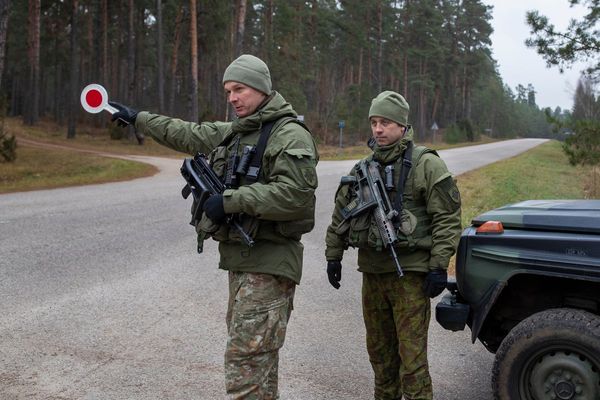The All or Nothing: Arsenal documentary from Amazon Prime concludes with the painful finale to the 2021/22 season. We all know how it would end and the build up to the season’s collapse was filled with dramatic irony.
Mikel Arteta is the protagonist of the series. Just like Jose Mourinho and Pepe Guardiola before him, the Arsenal manager becomes a key figure and the star of the show.
How the Spaniard comes out of the series is ultimately subjective to the viewer. Arteta is an individual who has divided supporters, as is evidenced in the series itself with episode one showing fans split on his future after two opening defeats to Brentford and Chelsea.
READ MORE: Granit Xhaka ‘doesn’t believe in the armband’ as true Arsenal captaincy situation explained
If you go into the series as a critic and doubter of Arteta, you’ll have likely instinctively come out of the series with questions about his methods, decisions and demeanour. Whereas a supporter of Arteta is sure to have appreciated the ideas, passion and tactics of the coach.
It is not for a writer, pundit or commentator to tell you how you should feel about Mikel Arteta. That is for you to decide, however, I would encourage perhaps a second or even third watch.
It is with these second and even third viewings that allow a greater perspective of situations to take hold. For instance, before the Brighton defeat, Arteta uses an analogy of Thomas Edison’s lightbulb.
On the surface, how a lightbulb is useful in a game the side goes onto lose looks rather silly. As does the use of speakers to play ‘You’ll Never Walk Alone’ whilst training before a trip to Anfield.
Yet the thinking behind these left-field tactics is sound and has reason despite the high level of ‘memery’ that is sure to have gripped the social feeds of many a rival supporter. We've all seen some smirks from fans on all manner of platforms, perhaps with the exception of Manchester United supporters for reasons that should be obvious.
Returning to the lightbulb example to demonstrate connectivity. Upon second viewing, after initially chuckling at the exercise, it is easier to consider the context.
Arteta was using a makeshift side without Thomas Partey, Takehiro Tomiyasu, Kieran Tierney and had benched Nuno Tavares after a nightmare strew of errors in the 3-0 loss to Crystal Palace. He wanted his side to show an understanding between each other in spite of their lack of time playing as a team.
Consider how Arteta this season has used the same starting line-up in the first two Premier League games as he did in the final two pre-season games. Consistency in the team is something the Spaniard has clearly wanted but was unable to create having lost so many top players at such a crucial time.
His critics are sure to have been laughing, especially when Enock Mwepu’s goal put the Seagulls 2-0 up. But as the new season begins, this Arsenal team could not appear more resolute and together.
As is the connection between the supporters and this side. The Emirates Stadium has never been more intimidating for opponents to travel to.
The response after William Saliba’s own goal was a humbling moment, but one that further highlighted that link to the crowd. This Arsenal team is different and the trials of the previous season have helped shape its potential success in the present; something Arteta should be very happy about.
READ NEXT:
Gabriel forced into brilliant Arsenal training forfeit as potential transfer hint is spotted
Arsenal news and transfers LIVE: All the latest updates and rumours from the Emirates Stadium
Full Arsenal Premier League fixture list for 2022/23
Arsenal transfer business under the microscope in 'good deal' or 'bad deal'
Thomas Partey puzzle poses problem to Edu as Arsenal search for perfect midfield transfer







